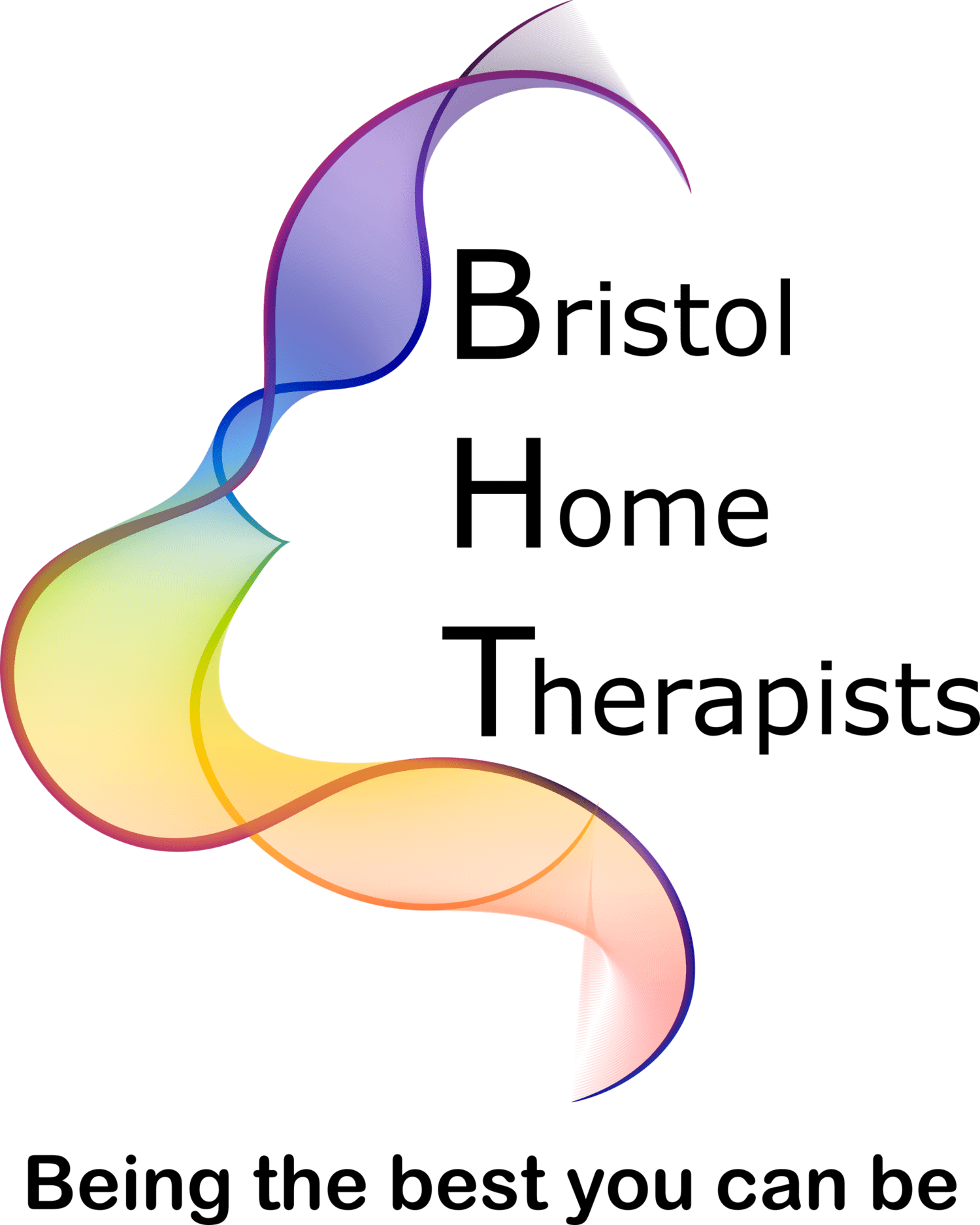Living in a world post Covid 19….
Lockdown regulations and life during a pandemic have certainly brought some significant changes to the way we are living. For many of us this has meant working from home, online shopping, home schooling and staying in apart from a daily walk. Whilst for others, who are shielding, this has meant more isolation where even the daily walk is forgone. If you were unfortunate enough to have Covid, the struggle to return to “normal” is very real and having symptoms lasting over 12 weeks post infection would now be considered to be those of “Long Covid”. The World Health Organization believe 1 in 10 people experience persistent ill health 12 weeks after infection with Covid 19, even those who were not hospitalised.
The change in routines and structures over the last year have for many caused some loss of functional tolerance or exercise tolerance. More prolonged sitting (not always in a great posture), less walking and changing positions can cause stiffness and weakness.
Isolation and fears around catching Covid may be causing anxiety and the opening up and the easing of restrictions and the freedom to now go out and meet up with family and friends may not bring freedom you desire, causing a barrier to getting back to normal routines.
Rehabilitation is the key to overcoming some of these problems. Physiotherapy can help with home exercise programmes and guided re introduction to outdoor mobility. Occupational Therapy can help guide activities of Daily Living (ADL) and personal Activities of Daily Living (PADL) optimising your abilities through changing techniques, pacing and equipment advice where appropriate.
If you have symptoms of Long Covid which appear to be affecting the whole body not just the lungs and respiratory system as originally thought, the advice would be to consult your GP. Depending on the severity of those symptoms you may need to go to recently set up Long Covid clinics for specialist advice by a team of multi-disciplinary professionals that may include Physiotherapists, Occupational Therapists, Dieticians and Psychologists.
Symptoms can be shortness of breath (dysfunctional breathing), low oxygen saturation, chest pain, heart palpitations, joint pain, extreme tiredness (fatigue), poor memory and concentration or brain fog, skin problems and rashes, insomnia, tinnitus, vertigo, stomach, ache, diarrhoea, feeling sick, and loss of appetite as well as ongoing loss of taste and smell. (NHS website)
Exercise may benefit many, but it is not advised for those suffering from Post exertional malaise (PEM). This is the worsening of symptoms following even minor physical or mental exertion, with symptoms typically worsening 12-48 hours after activity and lasting for days or weeks. (CDC.gov)
Occupational Therapists are experienced in pacing techniques and energy conservation practices to help guide those with abnormal responses to exercises and function.
The CSP have developed guidelines and standards for Rehabilitation Post Covid 19.
There are 7 quality standards:
1. Needs assessment, rehabilitation planning and review.
2. Personalised rehabilitation
3. Self-management
4. Communication and information
5. Coordinated rehabilitation and care pathways.
6. Evaluation, audit and research
7. Personal Protective Equipment and infection control
The Royal College of Occupational Therapy (RCOT) highlighted the importance and urgency of the provision and occupational-focused rehabilitation. They have highlighted rehabilitation is crucial for:
1. People recovering from COVID –19 infection.
2. People deconditioned from shielding are at greater risk of falls due to reduced muscle strength and mobility.
3. People experiencing mental health problems either caused or exacerbated by social isolation.
4. People with a range of conditions whose rehabilitation has been interrupted due to COVID-19.
The Occupational Therapy HUB highlighted that
“we have all adapted in so many ways, because of our integral need to engage in meaningful occupations and socialise with those around us.”
“We are creatures of habit after all. The uncertainty that goes hand-in –hand with this virus has tossed all the habits and rituals-that we spent many decades developing –out the window”.
“it is through “doing “and “being” that we “become” and “belong”.
(Ann Wilcock- the funder of so many Occupational Therapy concepts)
Bristol Home Therapists are always holistic, personalised and listen to the needs of our service users. Whilst we would not consider ourselves to be experts in Long Covid or respiratory conditions, assessment would be holistic and any symptoms that warranted medical investigation would be signposted.
References:
Sian Midwinter: the Lung Physio, - evening talk
Physio’s for ME.com
The NHS website
Centres for Disease Control and Prevention www.cdc.gov
Sign Guidelines
NICE
Royal College of Occupational Therapy
The Occupational Therapy HUB
Chartered Society Of Physiotherapy www.csp.org.uk

